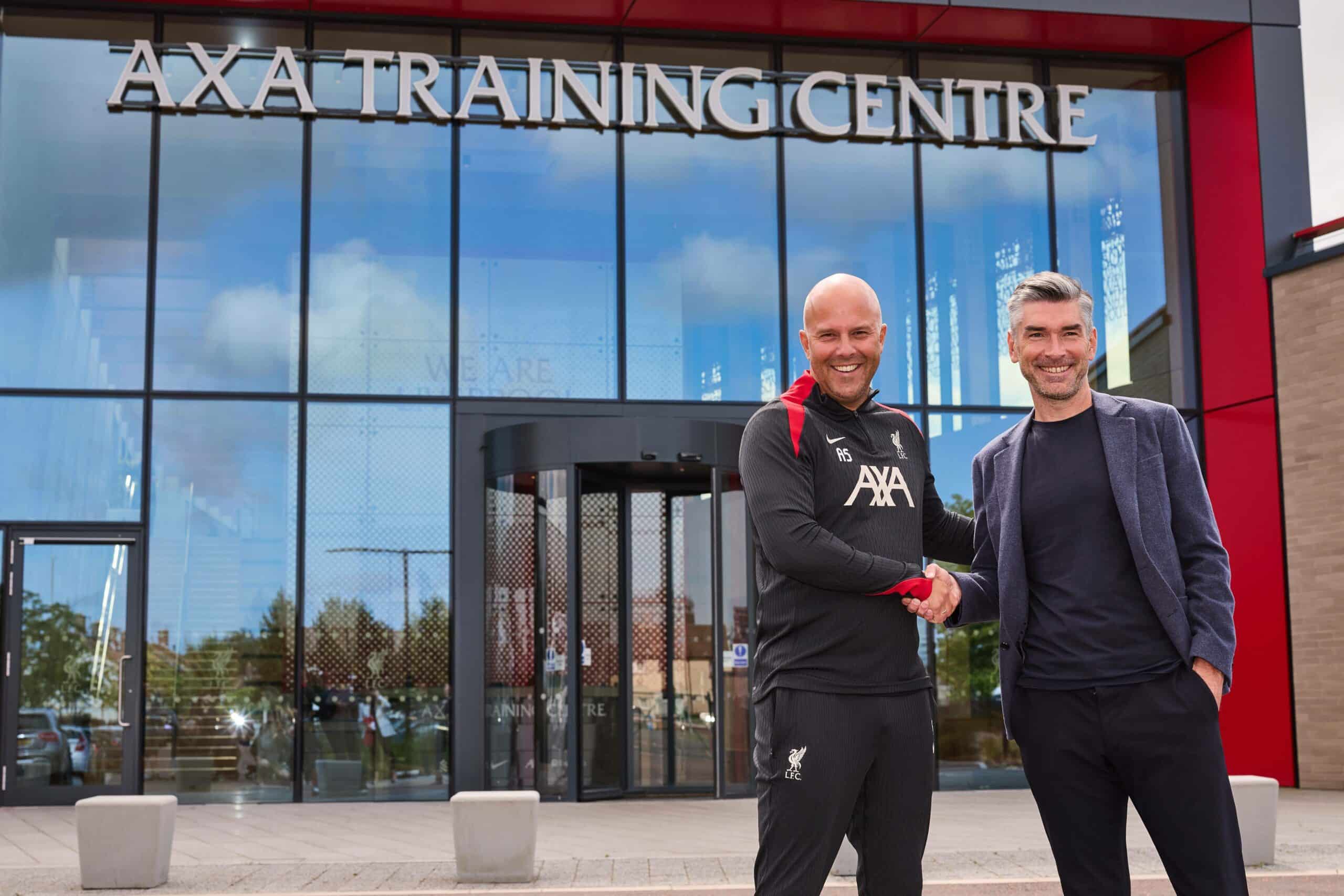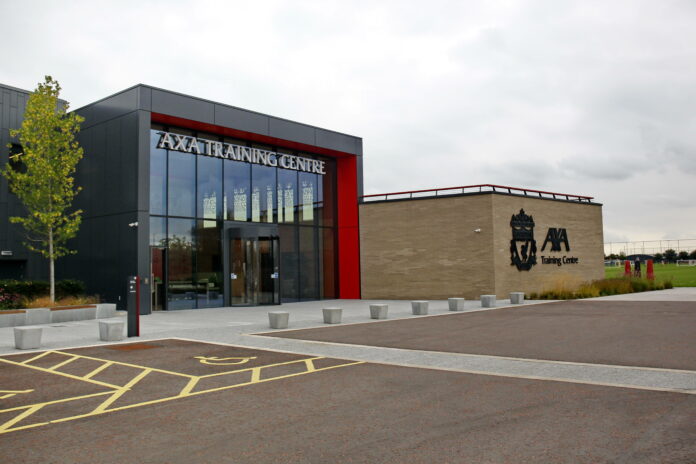Former Liverpool Youth Captain Returns to Club as Coach
Liverpool’s academy has entered a new phase of evolution ahead of the 2025–26 season, highlighted by a series of strategic changes in both the first-team and youth setups. Credit to LIVERPOOL.COM for bringing this story to light, detailing how the club is blending experience with fresh coaching talent.
Backroom Overhaul Strengthens First-Team Support
Liverpool’s first-team coaching structure has seen notable arrivals and departures this summer. Giovanni van Bronckhorst joined as Arne Slot’s new assistant coach in July, succeeding John Heitinga who left for Ajax. Meanwhile, Xavi Valero returned to Liverpool to head first-team goalkeeping coaching, taking over from Claudio Taffarel and Fabian Otte. Valero’s return brings continuity and experience, tracing back to Rafa Benitez’s era, and aims to provide the goalkeepers with structured development pathways at Anfield.
These adjustments reflect a club keen to refine its tactical and technical support around Arne Slot, who has now settled into his managerial role following Jurgen Klopp’s departure in May 2024. The emphasis appears to be on creating stability across the coaching hierarchy, ensuring that both first-team players and younger prospects receive consistent mentorship.
Academy Restructuring Reflects Commitment to Youth Development
Liverpool’s academy has also undergone substantial changes, particularly in leadership positions. Barry Lewtas, who managed the U21s for 12 years, left to take up a role with England’s U20s. Rob Page, the former Wales manager, has stepped in to guide the U21s in Premier League 2, bringing international experience to the youth setup.
At U18 level, long-serving coach Marc Bridge-Wilkinson departed after a decade at the club, his tenure highlighted by reaching the FA Youth Cup final in 2021. Simon Wiles, previously with Manchester United’s academy, has taken over the reins, marking a fresh start for Liverpool’s youngest elite players. These moves signal a clear focus on infusing new ideas while maintaining Liverpool’s tradition of producing talented homegrown players.
Tom Clayton Returns as Assistant U16 Coach
Amid these broader changes, Liverpool have quietly welcomed back one of their own. Tom Clayton, who captained the U21s in his final academy season, has returned as assistant coach for the U16s. At just 24, this is an unusually early transition into coaching, but one that reflects the club’s commitment to nurturing talent both on and off the pitch.
Clayton began his Liverpool journey at under-9 level in 2009 and rose through the ranks to lift the Lancashire Senior Cup in his final academy season, featuring alongside Conor Bradley and Jarell Quansah. After failing to break into the first team under Jurgen Klopp, Clayton moved to Swindon Town in League Two, making 34 appearances before injury curtailed his second season and led to his release in 2024.
Now, working under U16s head coach Lewis Nightingale, Clayton will help shape the next generation of Liverpool talent at Kirkby. It remains unclear whether his coaching role is permanent or a temporary measure, and he is reportedly still undergoing rehabilitation from his injury. This move demonstrates the club’s long-term thinking, prioritising the development of both players and future coaches from within its ranks.

Strategic Implications for Liverpool’s Future
The return of former players like Clayton into coaching positions suggests Liverpool are investing in a sustainable model where club culture and identity are passed down through generations. By blending experienced professionals like Valero with young coaching talent, Liverpool are reinforcing a pathway that values knowledge, resilience, and continuity.
As the academy and first-team structures continue to evolve, the emphasis appears to be on building a cohesive environment where players can progress smoothly from youth teams to senior football. In this context, Clayton’s appointment is as much a strategic decision as it is a personal opportunity, bridging the gap between playing and coaching for future academy graduates.
Our View – Anfield Index Analysis
Liverpool fans will see Tom Clayton’s return as a heartening sign that the club remains deeply committed to its youth system. Even at 24, he brings first-hand experience of the academy’s culture, having progressed through multiple age groups before making his mark in the U21s. Supporters will appreciate that Liverpool are giving young former players a chance to contribute off the pitch, maintaining continuity and identity in coaching roles.
The timing of his return is also significant. Following the tragic passing of Diogo Jota in July 2025, Liverpool’s academy and first-team setups have had to adapt emotionally and structurally. Clayton’s appointment can be seen as part of a broader approach to stabilise the club internally, ensuring younger players receive guidance from someone who understands the demands and pressures of the Liverpool pathway.
Moreover, his rehabilitation and transition from playing to coaching highlight the club’s flexibility in player welfare. Instead of forcing an abrupt end to his career, Liverpool are providing a meaningful role that keeps him involved and invested. This approach aligns with Arne Slot’s wider philosophy of integrating youth into the first team while maintaining clear developmental frameworks.
Ultimately, Clayton’s journey reinforces a key principle of Liverpool’s academy strategy: loyalty and experience matter just as much as raw talent. For supporters, seeing former academy captains return as coaches not only strengthens Kirkby’s coaching ranks but also fosters a sense of continuity that will benefit the club for years to come.



